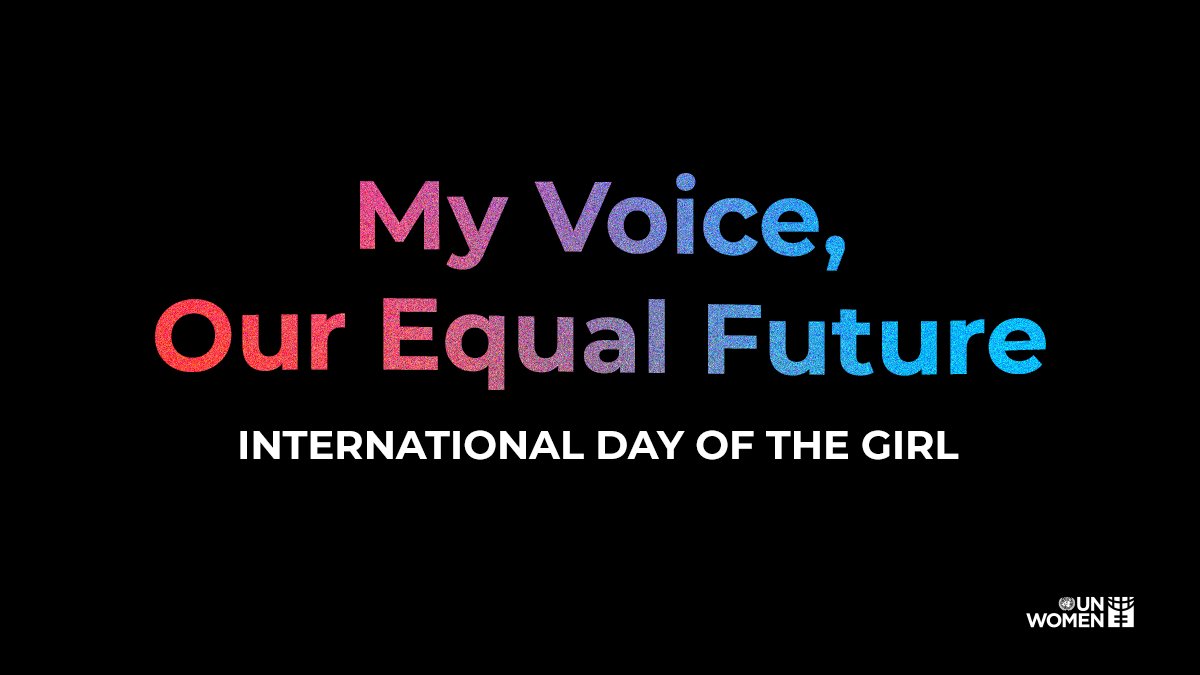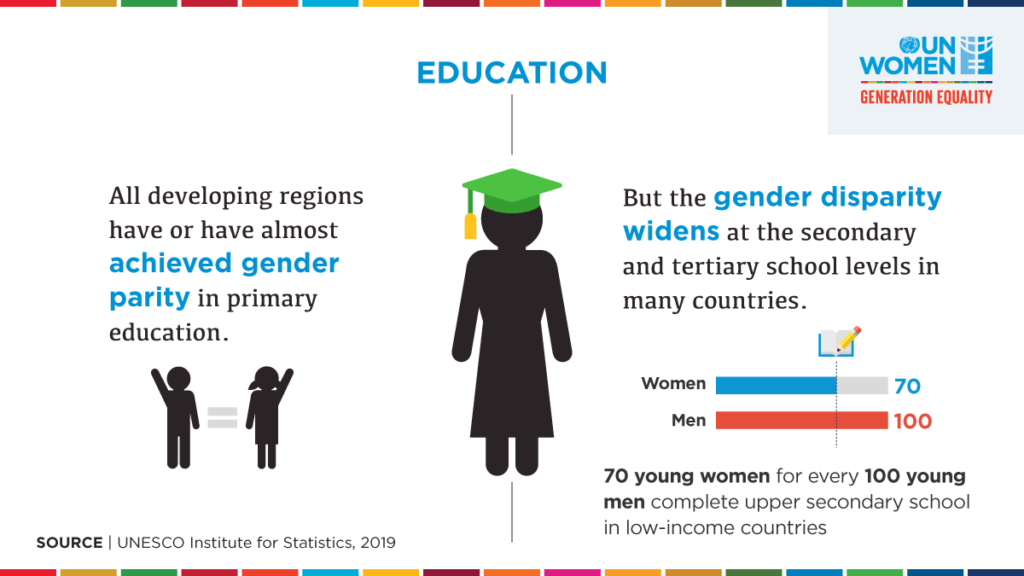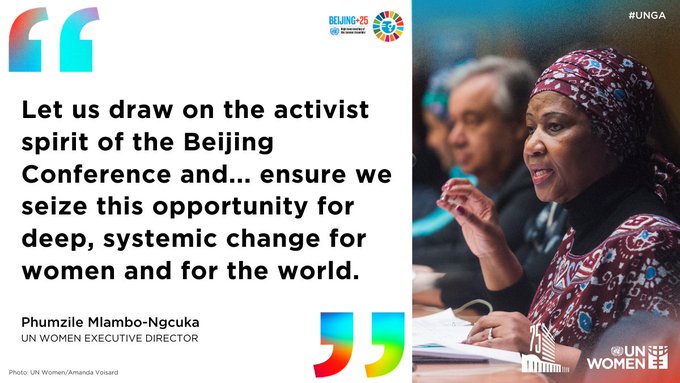Empowering women and girls and promoting gender equality is crucial to accelerating sustainable development
 KRC TIMES Desk
KRC TIMES Desk

Background
In 1995 at the World Conference on Women in Beijing countries unanimously adopted the Beijing Declaration and Platform for Action – the most progressive blueprint ever for advancing the rights of not only women but girls. The Beijing Declaration is the first to specifically call out girls’ rights.
On December 19, 2011, United Nations General Assembly adopted Resolution 66/170 to declare October 11 as the International Day of the Girl Child, to recognize girls’ rights and the unique challenges girls face around the world.

The International Day of the Girl Child focuses attention on the need to address the challenges girls face and to promote girls’ empowerment and the fulfilment of their human rights.
Empowering women and girls and promoting gender equality is crucial to accelerating sustainable development. Ending all forms of discrimination against women and girls is not only a basic human right, but it also has a multiplier effect across all other development areas.
My Voice, Our Equal Future
Progress for adolescent girls has not kept pace with the realities they face today, and COVID-19 has reinforced many of these gaps. This year, under the theme, “My Voice, Our Equal Future”, let’s seize the opportunity to be inspired by what adolescent girls see as the change they want, the solutions- big and small- they are leading and demanding across the globe.
In 2020, we commemorate 25 years since the adoption of the Beijing Declaration and Platform for Action – the global agenda for advancing the rights and empowerment of women and girls, everywhere. Generation Equality was also launched in early 2020 as a multi-year, multi-partner campaign and movement for bold action on gender equality. A clear narrative and actions related to the needs and opportunities of adolescent girls and their solutions is central to the Generation Equality mission.



